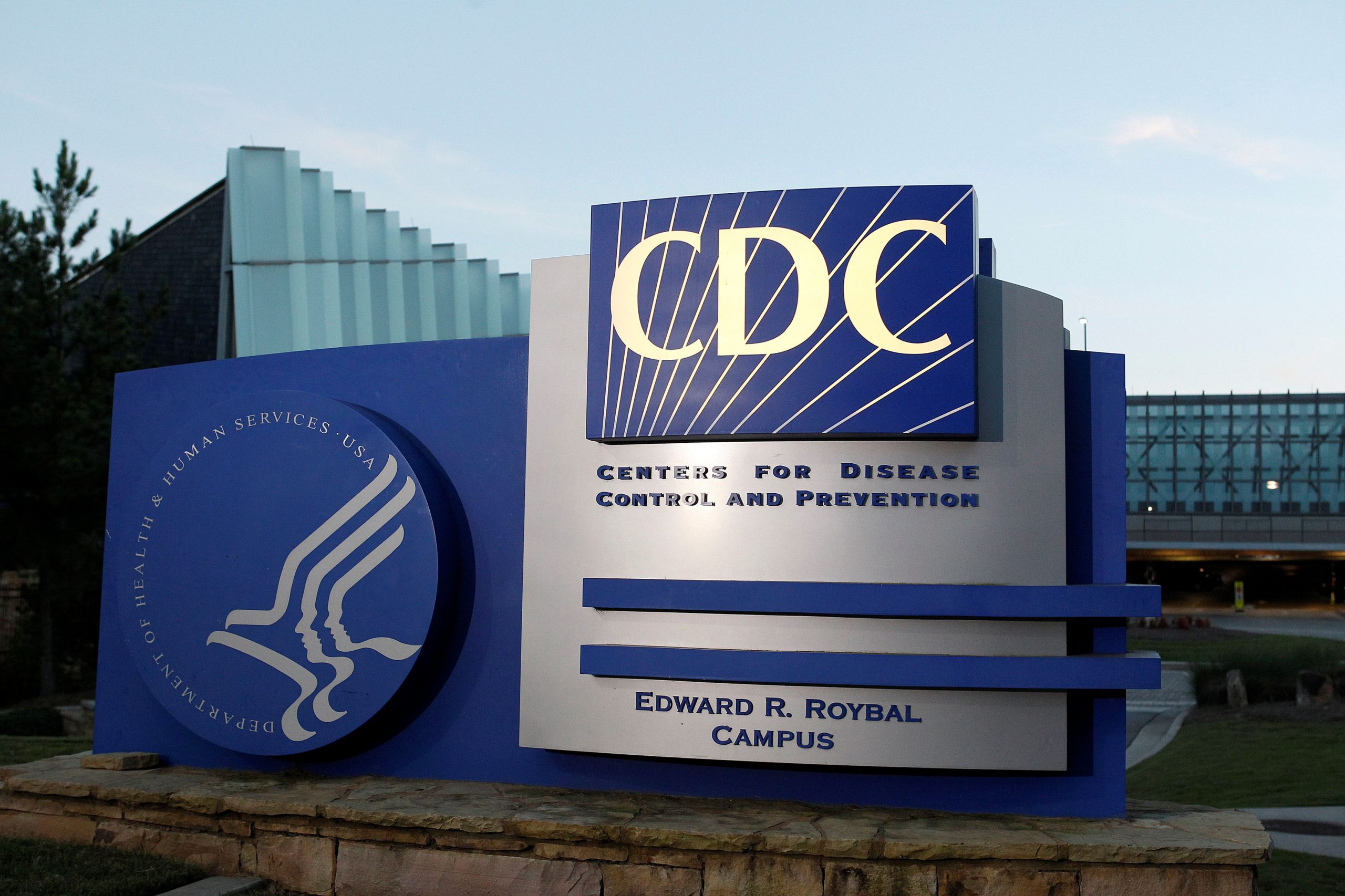The Michigan Department of Health and Human Services (MDHHS) is urging residents not to follow shortened quarantine and isolation guidelines from the Centers for Disease Control and Prevention (CDC).
On Monday, the CDC rolled out new guidelines that shortened the isolation for individuals infected with COVID-19 from 10 to five days if they are asymptomatic, followed by five days of wearing a mask when around others. It also shortened its quarantine guidelines from 10 days to five days for unvaccinated individuals or people who have not received a booster shot who have been exposed to the virus.
But in a statement on Thursday, the MDHHS said, “The Michigan Department of Health and Human Services (MDHHS) intends to review the supporting evidence behind this guidance, while awaiting additional information from the CDC, specifically for special populations and in high-risk settings.”
“Michigan continues to experience high rates of transmission and has several tools to further prevent the spread of COVID-19. The delta variant has already fueled the current surge in COVID cases and hospitalizations. The high transmissibility of the omicron variant underscores the importance of Michiganders practicing the COVID mitigation practices that are known to reduce spread and risk,” it continued.
Finally, the statement said, “While the CDC is working on additional information to clarify parts of their updated COVID-19 quarantine and isolation guidance released this week, MDHHS strongly encourages all residents to continue to follow Michigan’s current quarantine and isolation guidance to keep themselves and their family as safe as possible.”
On Wednesday, the state broke its record for the highest number of new coronavirus cases recorded in a day, adding 25,858 new cases.
The previous record of 9,779 new cases was hit in November 2020.
CDC Director Rochelle Walensky told CNN on Wednesday that the data has shown that most of the transmission of the virus occurs during the first two days before an individual develops symptoms and then during the following two to three days.
She added that decision to shorten the isolation time “really had a lot to do with what we thought people would be able to tolerate,” and concerns that if people contracted the virus but had mild symptoms or were asymptomatic they would not quarantine for 10 days.
























